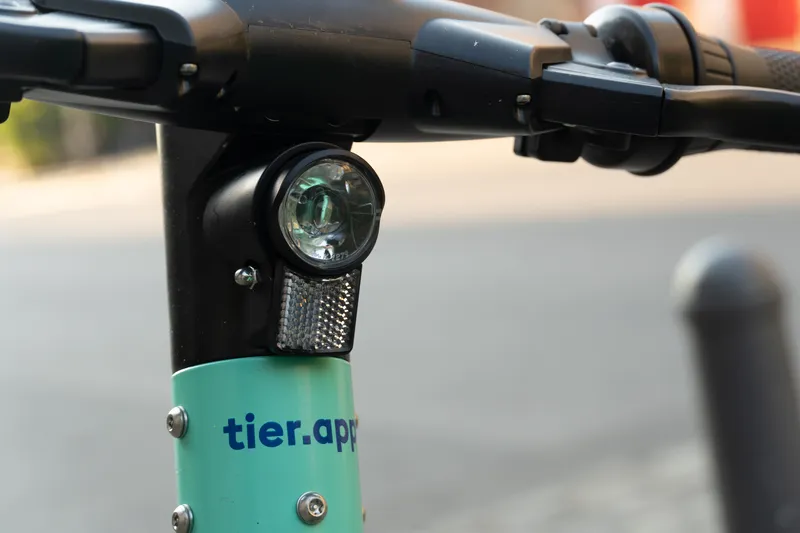The US city of Harrisburg, state capital of Pennsylvania, is using smart sensors to monitor traffic, air quality and waste.
A Telensa smart street lighting system has been deployed since 2016 in the city, and CA Traffic (traffic analytics), Libelium (air quality) and FarSite (waste monitoring) are now also involved.
Data from these sensors is analysed and combined with existing lighting information and displayed in a smart city dashboard. The idea is that this will show “correlations across departmen
April 30, 2019
Read time: 1 min
The US city of Harrisburg, state capital of Pennsylvania, is using smart sensors to monitor traffic, air quality and waste.
A
Data from these sensors is analysed and combined with existing lighting information and displayed in a smart city dashboard. The idea is that this will show “correlations across departments…driving insights for smarter, more efficient and joined-up services”, Telensa says.
The company has 4,000 connected streetlights in Harrisburg, which it says can cut utility bills by 60-70%.








